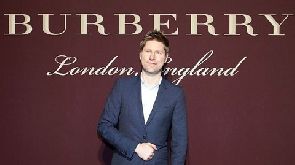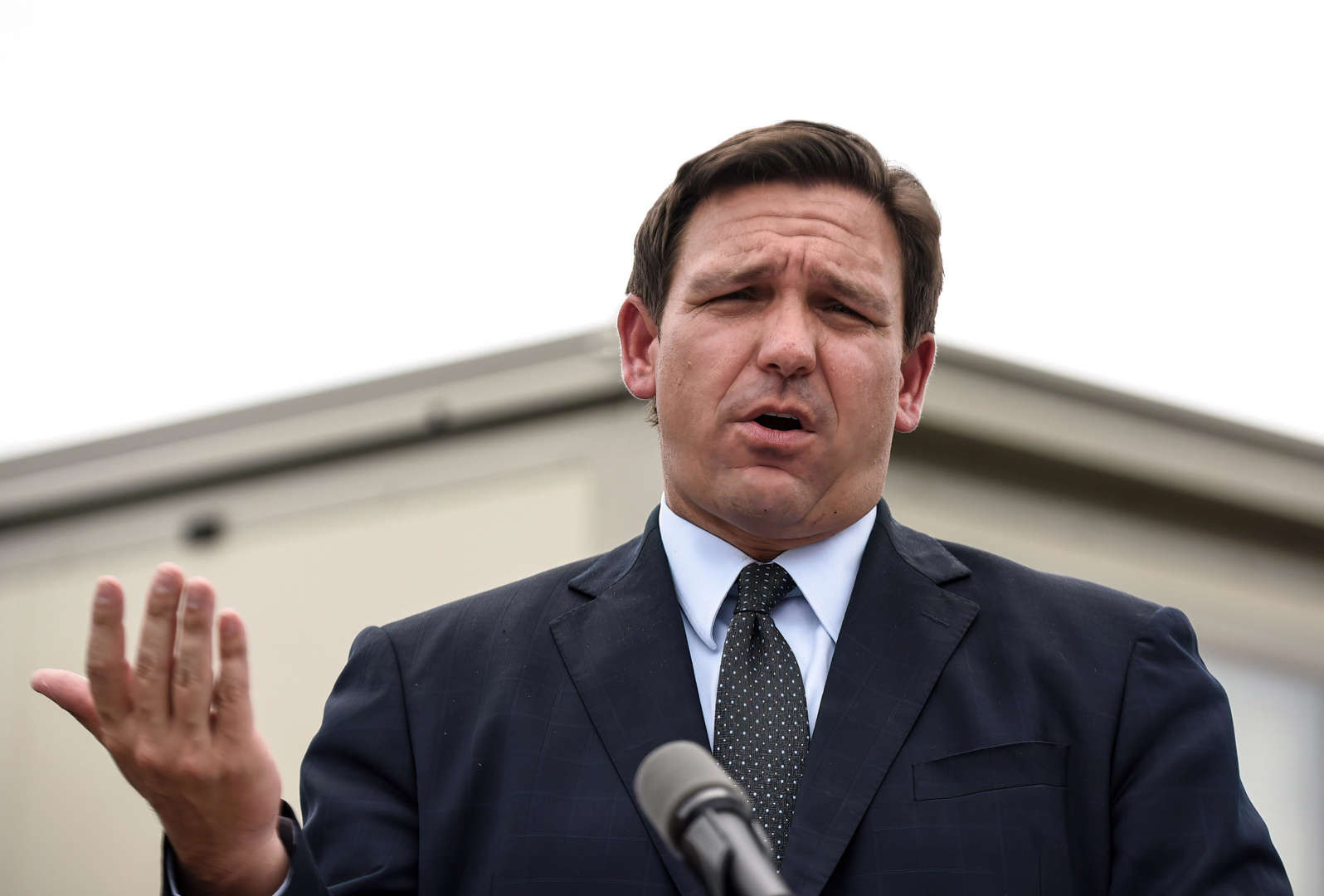The potential of a post-Brexit Britain is “enormous”, according to Christopher Bailey, the chief creative officer of British luxury brand Burberry.
But he told the BBC he hoped an anti-immigration climate would not endanger the UK’s “thriving creative culture”.
“Being able to share ideas, to collaborate with people from other cultures and countries, is fundamental to any creative business,” he said.
Mr Bailey was chief executive of Burberry until recently.
He returned to a more creative role in July, handing the chief executive reins to Marco Gobetti.
‘Creatively nourishing’
“The possibilities and the potential for growth, both locally here in the UK and overseas, is enormous,” Mr Bailey said in an interview with BBC Radio Four’s Today Programme.
“I think the Britishness resonates globally,” he said.
Burberry is considered by many to be the quintessential British brand, thanks to the resilient popularity of its check scarves and trench coats, that consumers abroad regard as a classic British look.
Mr Bailey described London as “an energy hub for the creative industries” and he said the UK boasted the best design and art schools, attracting people from around the world.
“We’ve got this creatively nourishing country that people want to feed off,” he said.
When asked whether he thought the political climate towards immigration might pose a risk to that, he said he “desperately” hoped not.
Flying the flag
Burberry has benefited from the weakness of sterling since the Brexit vote with tourists, especially from China, taking the opportunity to shop more cheaply on visits to the UK. The company also manufactures some of its products in the UK, providing another benefit from the weaker pound.
Currently the Far East accounts for nearly 40% of Burberry’s sales. The firm doesn’t publish a breakdown for individual countries.
Carla Busazi, an analyst with trend forecasters WGSN, said Burberry was in a strong position with its focus on exports and its clearly identifiable brand.
“I think it’s good that a brand that flies the flag for Britain sees Brexit as a positive thing. I’m sure there are a lot of fashion brands who are very concerned about what that might mean for them.
“It’s going to be something some British brands are going to struggle with and designer brands who predominantly sell in the UK are going to have challenges ahead.”
Yorkshire on hold
Brexit, and changes in the industry combined with changing consumer behaviour, have created uncertainty for Burberry, Mr Bailey said, resulting in the suspension of a planned £50m investment in Leeds.
Burberry already has two manufacturing sites in Yorkshire, where its trench coats are made, but shortly following the Brexit vote last year the company said they were putting on hold the decision over whether to continue with the new development.
“Since we made that decision and bought that land a lot of things have changed in the world and as any responsible organisation, when you have these big shifts you need to reflect,” said Mr Bailey.
“We are absolutely committed to keeping our manufacturing in this country with our factories in Yorkshire, but with the new site we’re just taking a moment to make sure we understand the ramifications.”








